Last weekend I attended a conference of musicians with hearing loss. That’s right, people who make music for a living, or for whom music is an all-important activity, who also have a significant hearing loss, enough that could threaten to derail their vision of themselves as musicians.
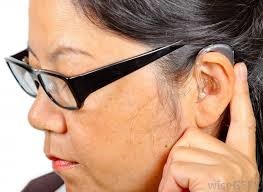 One pianist has both vision and hearing loss. Was this a depressing conference? Not for a moment. Each man and woman there had found various ways to accommodate their hearing loss and still make beautiful music.
One pianist has both vision and hearing loss. Was this a depressing conference? Not for a moment. Each man and woman there had found various ways to accommodate their hearing loss and still make beautiful music.
Many of these musicians clearly had an extraordinary musical memory. Most also had some kind of assistive listening device to augment their remaining hearing.
What is an Assistive Listening Device?
An assistive listening device is exactly what it sounds like: an electronic device that helps someone in a listening situation. A wide variety of listening devices and systems are available. Some devices are composed simply of a microphone, a small amplifier, and a headset. Some are linked to public address systems and send a signal directly to the ear. Now we’re seeing cutting-edge technology such as the Apple iPhone that is linked directly to some brands of hearing aids. These kinds of devices and systems are indispensable to someone with a significant hearing loss and can be a huge help in noisy situations to someone even with a much milder hearing loss.
If you have a hearing loss, the thing to do is to spend some time on yourself to find what works best for you:
- Have your hearing evaluated by a trained and licensed audiologist.
- A first-time purchase of a hearing instrument really should come from a trusted professional, either that of an audiologist or a hearing instrument specialist.
- Make sure the hearing device is properly fitted; that is, that it works well for you in the situations that are most important for you: work, home, on the telephone, in meetings.
- Talk to the professional to get the best options possible – don’t settle for less.
- When you find that the hearing aid works great for one-to-one conversations, but not so hot in a meeting room, it’s time to check into assistive listening devices and systems.
There are many resources for assistive devices. You can talk to your hearing health care professional. You can also go online, search for “assistive listening devices” or “products for the hard of hearing” to find the right product for you.
I have to say, people with hearing loss have a love/hate relationship with their technology. We love it when it works, and curse it when it does not. But that’s only because we come to depend on technology and see it as our “third ear.” Technology allows our lives to be a little easier. It keeps us in the loop at home, at work, at school, at the doctor’s office, or at this year’s family reunion. With technology, we can be part of it all, just as those musicians continue to compose and play. Yes, they each went through their own grieving process for hearing loss, but they found joy in being able to continue to do what they love. The results are well worth the trouble.
To learn more about assistive listening technology, join the Hearing Loss Association of America at our annual convention in St. Louis, MO, June 25-28 at the St. Louis Union Station Hotel. We have a wealth of information about hearing loss at our workshops and an Exhibit Hall full of useful technology. This year we will be joined by Senator Tom Harkin, arriving to receive an award and celebrate the 25th Anniversary of the Americans with Disabilities Act. We will also have fun celebrating the 35th Anniversary of the founding of Hearing Loss Association of America. For more information, click here.
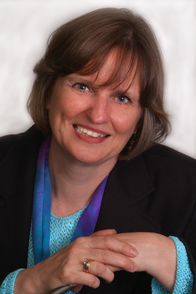 Lise Hamlin joined the Hearing Loss Association of America’s (HLAA) national staff as director of public policy in April 2008. Ms. Hamlin, who has a hearing loss herself, has worked as an advocate for people with hearing loss for some 20 years. She currently represents HLAA on federal advisory committees, industry advisory groups, and consumer coalitions. She has also taken part in developing, maintaining and presenting training programs on hearing assistive technology and on emergency preparedness. Ms. Hamlin fields emails and calls daily from consumers with hearing loss who experience barriers to employment, technology, access to public places and telecommunications access and works directly with them to help overcome those barriers.
Lise Hamlin joined the Hearing Loss Association of America’s (HLAA) national staff as director of public policy in April 2008. Ms. Hamlin, who has a hearing loss herself, has worked as an advocate for people with hearing loss for some 20 years. She currently represents HLAA on federal advisory committees, industry advisory groups, and consumer coalitions. She has also taken part in developing, maintaining and presenting training programs on hearing assistive technology and on emergency preparedness. Ms. Hamlin fields emails and calls daily from consumers with hearing loss who experience barriers to employment, technology, access to public places and telecommunications access and works directly with them to help overcome those barriers.

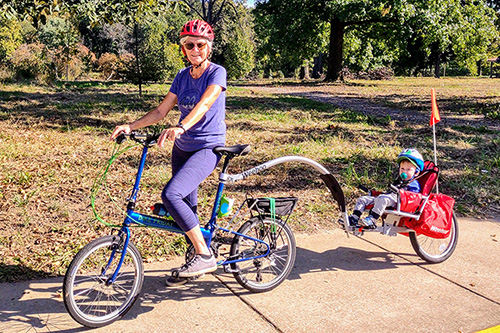
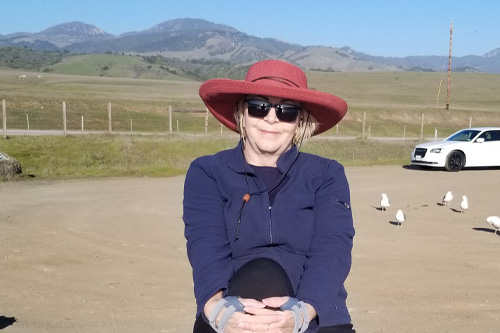
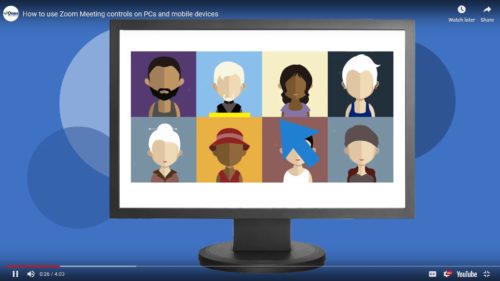
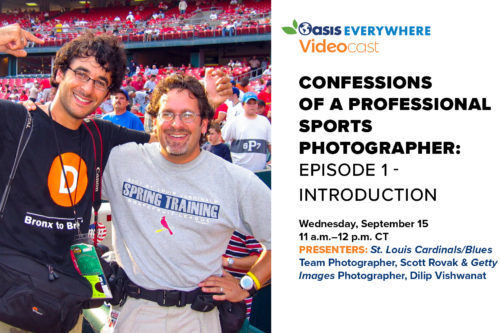
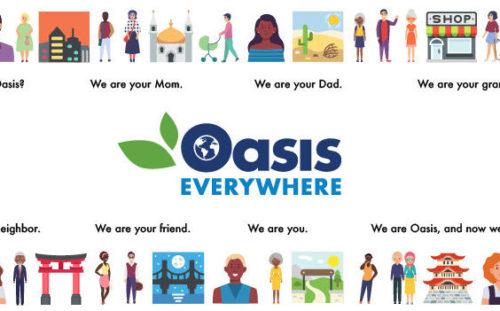
Leave A Comment
You must be logged in to post a comment.